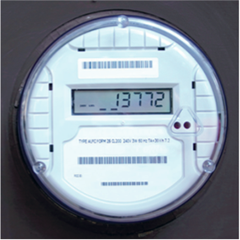Are there cheaper renewable energies out there? Does saving the planet mean we, the consumer has to pay more? The EU has set targets and the UK is offering incentives to companies who meet these targets. Find out what savings you can make whilst doing your bit to save the planet…
Saving Money Whilst Saving the Planet: Solar Investment
If you have been interested in saving money on your energy bills lately, both in the domestic and commercial environment, you have likely already looked at all of the options available to you on the switching company side of things. While this can help you in the long run, there’s one thing it doesn’t achieve: helping to save the planet in the process. Energy companies that rely mostly on fossil fuel energy are often the cheapest providers, and opting to turn to renewables could alleviate some of the damage your property could do to the environment.
The EU has been aiming for a target of 20% of its energy to come from renewables across all member states, including a further 20% of cuts to greenhouse gases and carbon production. States are required to be collectively meeting these targets by 2020. 2014 saw a huge 15.3% of all energy coming from renewables across the EU, meaning that there could very realistically be targets met across the board if further attention is paid to renewables. This includes our own investments into the potential of solar.
A Look inside Solar Investments
Looking at the UK in particular for solar potential, you may be wondering how such a gloomy island holds such high stakes in the solar energy market. It remains the most popular form of renewable energy generation in the nation, and as such it creates proportionately the largest amount of solar energy in Europe. It is surprising, then, that the UK government has made surprising cuts to the solar industry.
Nevertheless, incentives such as Renewable Obligation Certificates have become a far more attractive proposition for energy suppliers to make more money from generating energy by renewable processes. Other nations have similar incentives in place, but the UK offers a significant investment for companies willing to meet the specified annual obligation levels. On the domestic side, too, there has been a growth in incentives due to the Feed-In Tariff scheme, which sees property-owners receive a monetary incentive for every kwH produced and the ability to sell back their excess energy to the national grid.



























